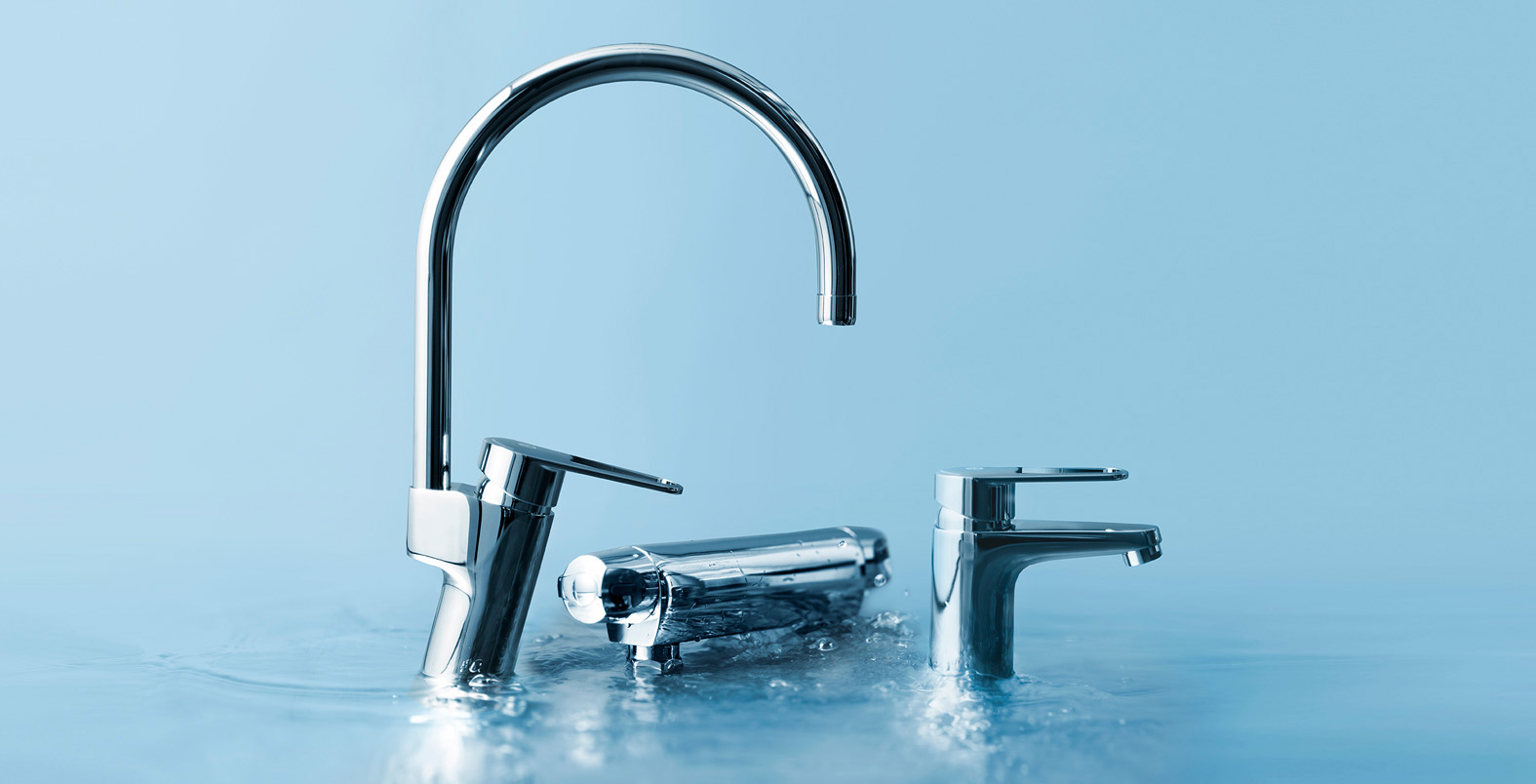
Become energy smart with Gustavsberg's energy calculator
Changing mixers can be a quick and easy way to make the bathroom, kitchen and home more energy efficient. The calculator makes it easy to work out how much you can reduce energy costs, water consumption and CO2 emissions. The energy calculator is based on facts from the Swedish Energy Agency, Statistics Norway and the Nils Holgersson report.


Your choices make a difference
- In a typical villa, hot water accounts for at least 20% of the total energy cost
- Kitchen faucets and shower faucets use the most energy (hot water)
- According to studies carried out by SP (now RISE), the use of hot water can be reduced by over a quarter just by changing the mixer
- Switching to energy-efficient mixers can return the money faster than, for example, changing windows
- In addition, you reduce your CO2 emissions
Save 28% by switching mixers
RISE - Research Institutes of Sweden - has in the project "Water use with energy-efficient mixers" (2017:11) carried out a field study with replacement from standard mixers to more energy-efficient mixers (see link below). Results show 28% less consumption of hot water - and that this effect was sustained over time.
Gustavsberg's mixers Atlantic and Nautic are energy labeled according to the Swedish standard for energy labeling SS-820000 and SS-820001. It guarantees reduced flows – but also excellent function. In the case of Swan labeling of buildings, this means more points and also great advantages when applying for Green loans.
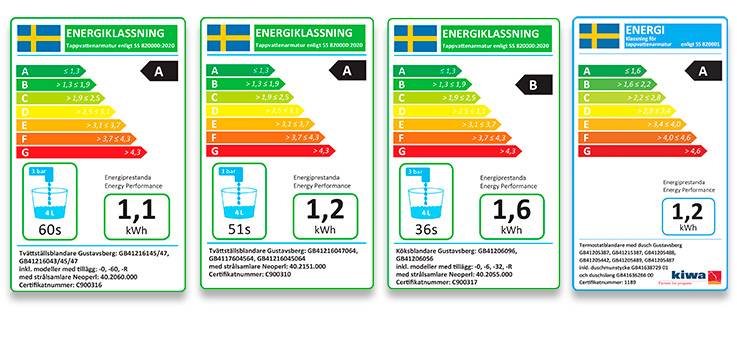
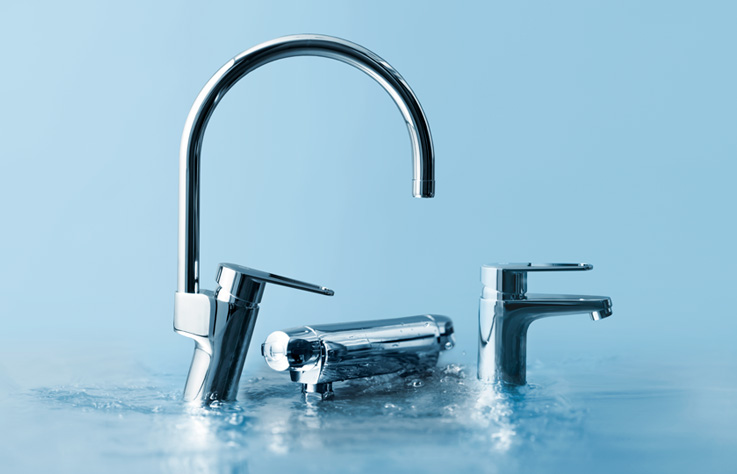
More and more people are starting to realise that hot tap water is the hidden energy thief.
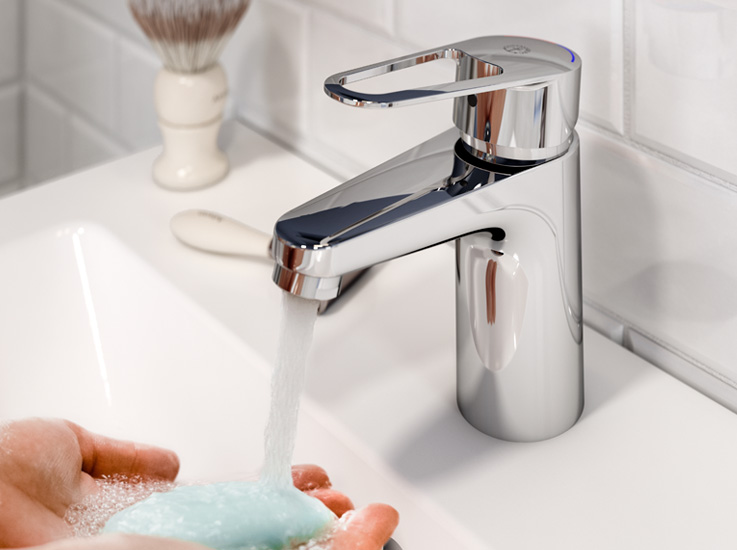
Example shows an annual saving of SEK 4,200
A calculation formula devised by SP (now called RISE) shows that a small household that switches to modern, energy-efficient mixers stands to save at least 1,000 kWh/year. A larger household (two adults and two children) is likely to save 1,680 kWh/year by replacing old-model mixers (see the link below).
The actual saving achieved naturally depends on the current electricity price and the method chosen to heat the hot water, but assuming a total price of SEK 2.5/kWh – including electricity duty, grid fees and VAT – the annual saving amounts to SEK 4,200.
Read the SP/RISE report: Saving potential of energy labelled taps and showers
Our most energy-efficient mixers
![[Translate to English:] Nautic Washbasinmixer](/fileadmin/uploads/Website_Interior_Pictures__general_/Sustainability/GB41216047_Washbasinmixer_Nautic.jpg)
Energy class A
![[Translate to English:] Nautic Washbasinmixer](/fileadmin/uploads/Website_Interior_Pictures__general_/Sustainability/GB41216045_Washbasinmixer_Nautic.jpg)
150 mm spout / Energy class A
![[Translate to English:] Atlantic Washbasinmixer](/fileadmin/uploads/Website_Interior_Pictures__general_/Sustainability/GB412150470_Washbasinmixer_Atlantic.jpg)
Lead free / Energy class A
![[Translate to English:] Nautic Kitchenmixer](/fileadmin/uploads/Website_Interior_Pictures__general_/Sustainability/GB41206096_KitchenmixerDM_Nautic.jpg)
With dishwasher shut-off / Energy class B
![[Translate to English:] Nautic Kitchen mixer](/fileadmin/uploads/Website_Interior_Pictures__general_/Sustainability/GB41206056_Kitchenmixer_Nautic.jpg)
Energy class B
![[Translate to English:] Atlantic Kitchenmixer](/fileadmin/uploads/Website_Interior_Pictures__general_/Sustainability/GB412050980_KitchenmixerDM_Atlantic.jpg)
With dishwasher shut-off
Lead free / Energy class B
![[Translate to English:] Atlantic Kitchenmixer](/fileadmin/uploads/Website_Interior_Pictures__general_/Sustainability/GB412050580_Kitchenmixer_Atlantic.jpg)
Lead free / Energy class B
![[Translate to English:] Nautic Shower](/fileadmin/uploads/Website_Interior_Pictures__general_/Sustainability/GB41205387_Shower_Nautic.jpg)
160 CC / Energy class A
![[Translate to English:] Atlantic shower](/fileadmin/uploads/Website_Interior_Pictures__general_/Sustainability/GB412050870_Shower_Atlantic.jpg)
160 CC Lead free / Energy class A
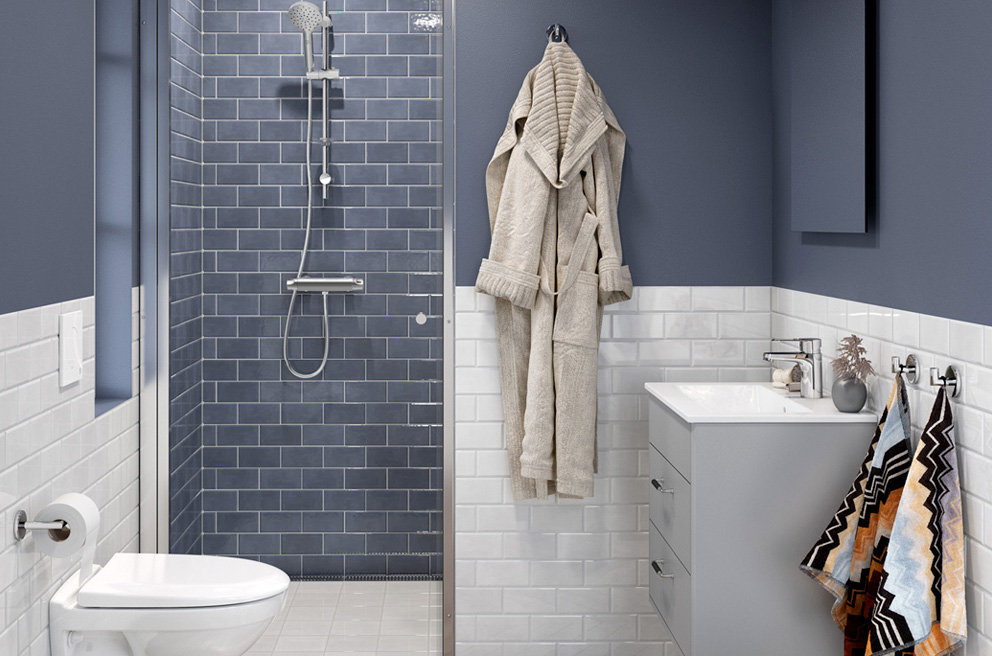
Why Gustavsberg?
Gustavsberg is – and has always been – a pioneer when it comes to development of products for more efficient water and energy use in the bathroom. By constantly monitoring the world around us, and through application of innovation and product development, we can supply you with the most modern solutions with regard to functions and processes that save energy, water and money – and help reduce your carbon emissions.
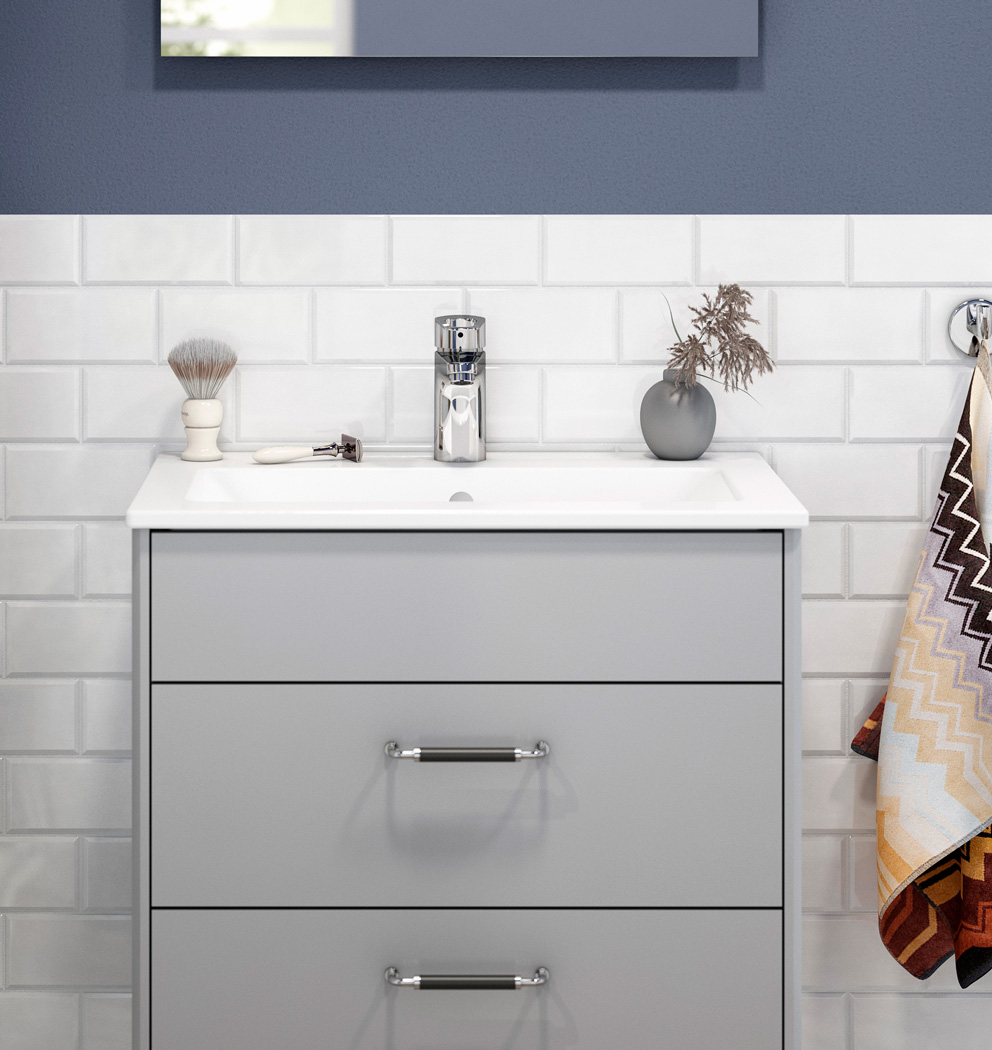
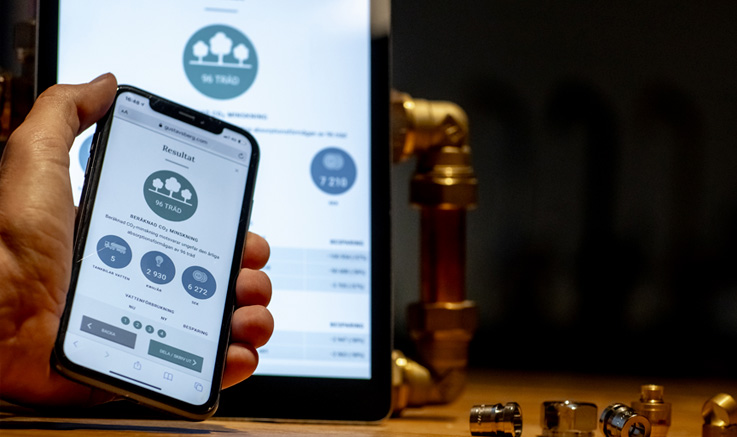
Energy efficiency for a sustainable future
According to the UN and the EU, energy efficiency is the single most important measure for tackling the issue of climate change. That is why we want to make it easy for you to check the facts and upgrade to more energy efficient kitchen and bathroom products.
Using the Gustavsberg Energy Calculator provides a rapid overview of the potential reductions in carbon emissions, water usage and energy consumption. The results should be viewed as indicative, given that deviations may arise depending on actual behavior and the number and type of users.
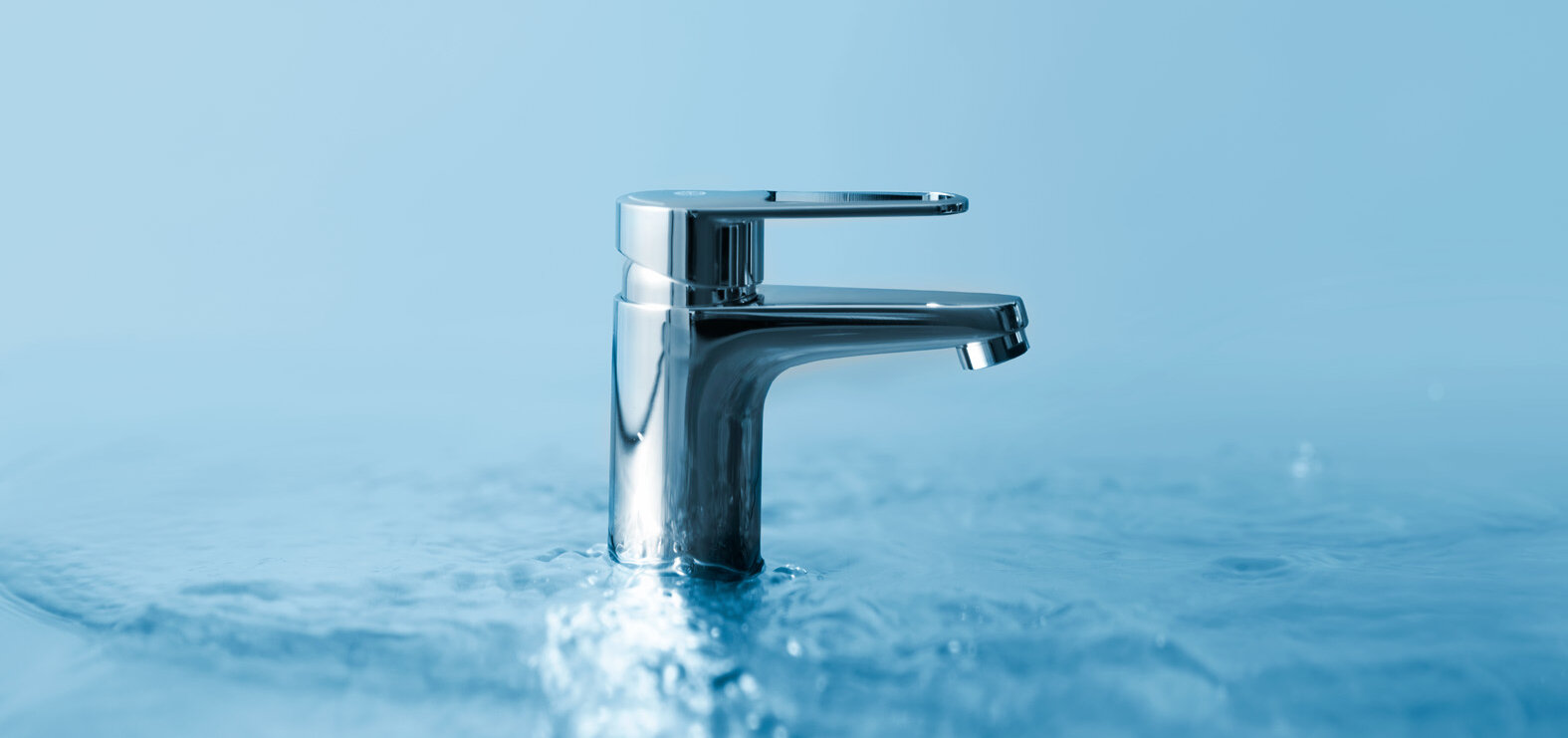
The Gustavsberg kWh school
All of a sudden, everyone is talking about “kilowatt hours”. So what lies behind this complicated term? And how do you calculate it? Here come the answers:
What is a kilowatt hour, kWh?
A Watt (W) is a measurement of electric power. By calculating power over time, measured in hours (h), you can see how much energy is consumed. Power (W) x time (h) = energy (Wh).
Buildings tend to use a great deal of energy, so it is appropriate to multiply the original unit by a thousand (k = kilo) to produce a larger unit. This is how we get to kilowatt hours, kWh.
How simple it is to calculate:
- If a vacuum cleaner used 700 watts of power and you use it for half an hour, the energy used is 700 W x 0.5 h = 350 Wh. This is equivalent to 0.35 kWh.
- A string of LED Christmas lights may only use 3 watts of power, but if you leave it on for the whole of December, it will use 3 W x 248 h = 744 Wh. This is equivalent to 0.744 kWh.
- What the examples presented above cost in hard cash depends on the prevailing price of electricity and on the location/electricity region.
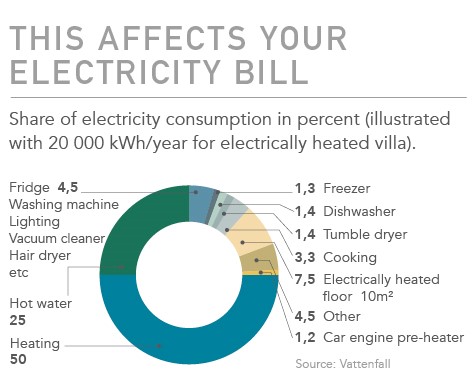
How do you calculate kWh for hot water?
The power rating (W) is stated on all electrical devices, which makes it easy to calculate the kWh value. It is a little harder when it comes to hot water, because this depends on the type of heating used and the equipment you have in your kitchen and bathroom. But one thing is for sure: hot water – along with heating – are the two biggest “energy sinks” in the home (see the diagram to the left).
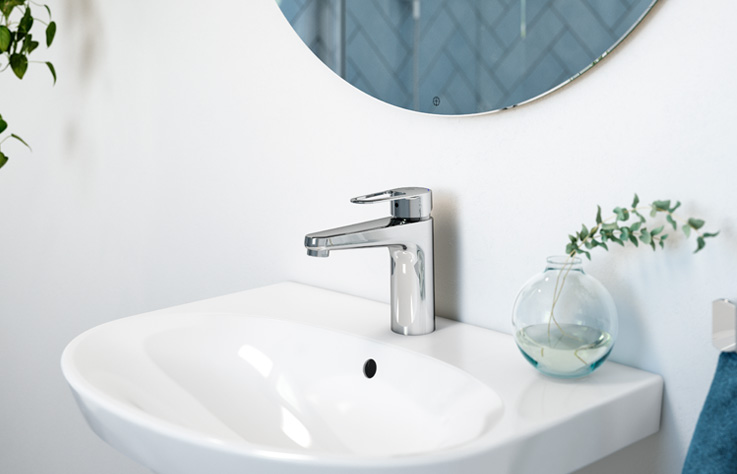
Energy-efficient hot water
Our energy calculator makes it easier for you to calculate how much you can save by switching mixers, but the following examples make it abundantly clear:
- By switching all mixers from Energy Class E to Energy Class A, a household stands to save more than 35 percent on energy consumption in the form of hot water.
- For a household of four people, this translates into 1,680 kWh/year – or even more.
- A similar switch in a property containing 40 apartments will likely produce savings of 61,600 kWh/year.
- An electric vehicle consumes around 2 kWh. Replacing old-model mixers as suggested above would allow 8,400 km of free electric driving. (Source: Vattenfall)
- Tip: Use the Gustavsberg Energy Calculator to see an excellent indication of how much you stand to earn by switching mixers.
Source: SP/RISE report: Saving potential of energy labelled taps and showers
SP/RISE field study
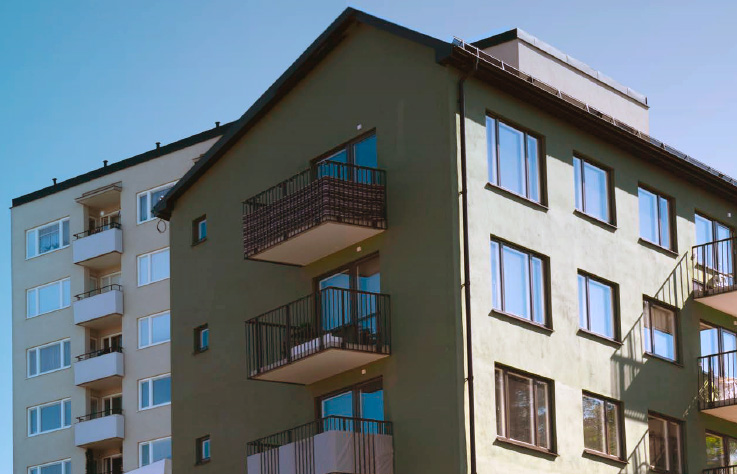
Resource efficient properties
Are you the owner or manager of multi-family buildings? Do you want to make the property more resource efficient? Do you want to be part of the solution by saving energy, water and reducing CO2 emissions? Welcome to the Energy Calculator!
Feel free to contact our representatives if you would like help in moving forward with your energy and water audit.
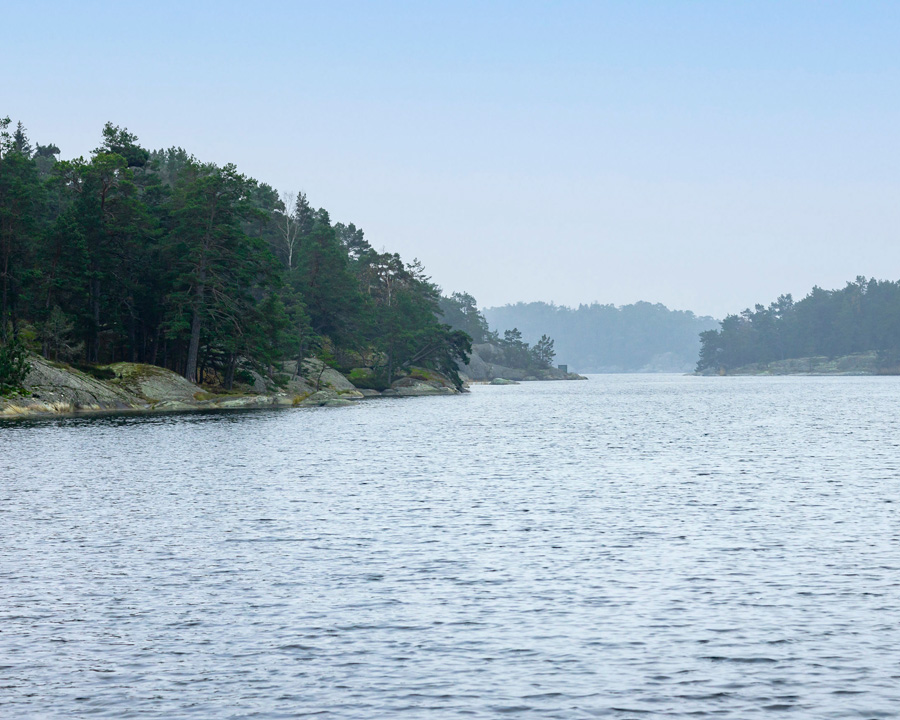
A more sustainable bathroom life with Gustavsberg
Gustavsberg has long been a pioneer, powering the development of sustainable sanitary products for the bathroom since the early 1900s. The current trend is for us all to be smarter in all aspects of our lives so as to establish a lifestyle that protects our planet. And once again, our ambition is to take the lead and show the way.
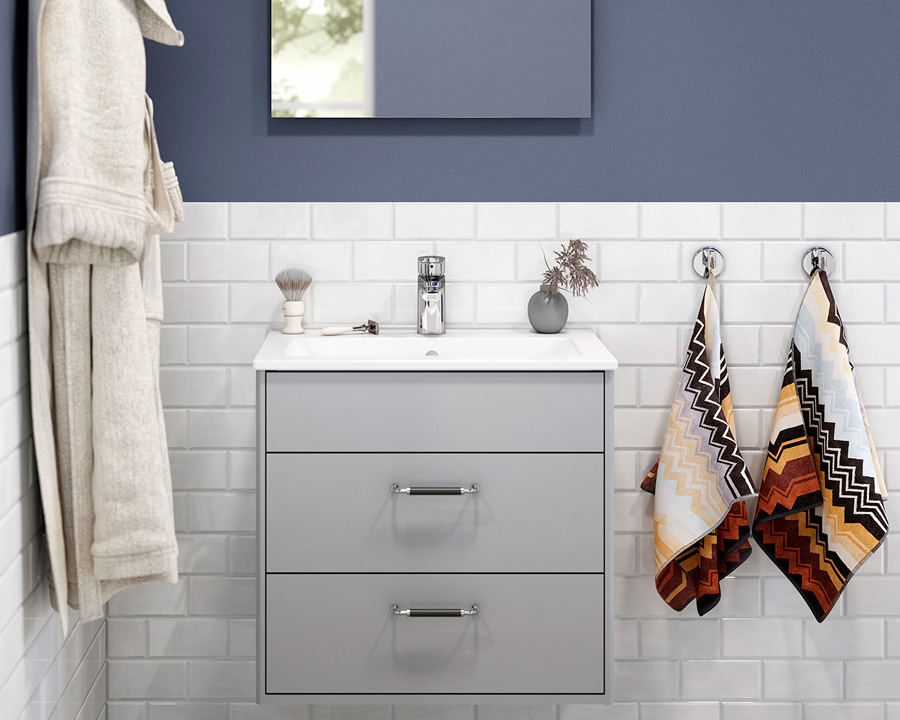
Tips for a more conscious bathroom renovation
Are you thinking of building or renovating a bathroom? The most important and most wonderful room in your home is also the most demanding. Which is why the bathroom is the perfect place to start if you are looking to live a more resource efficient life.